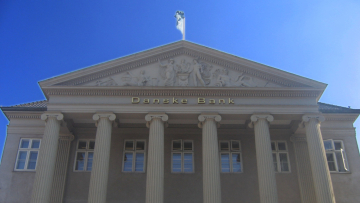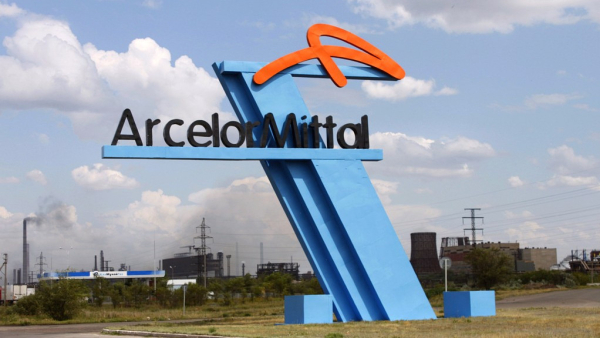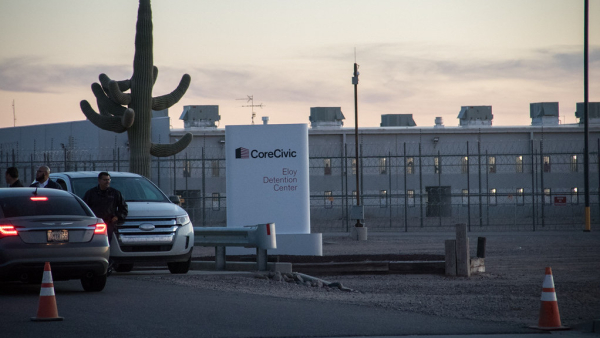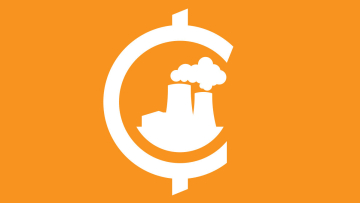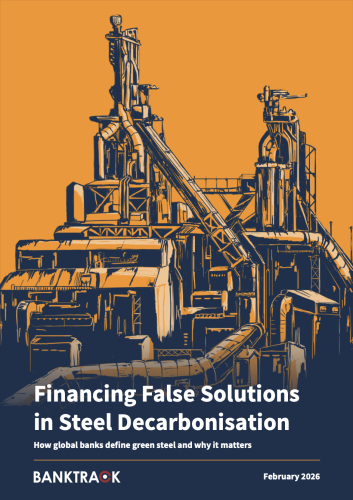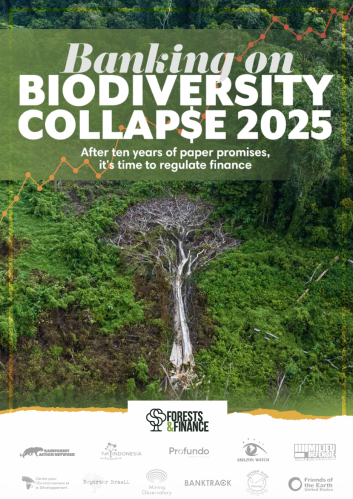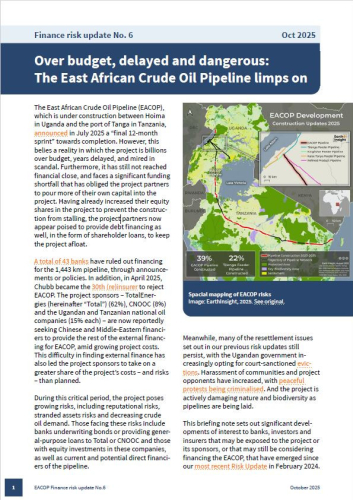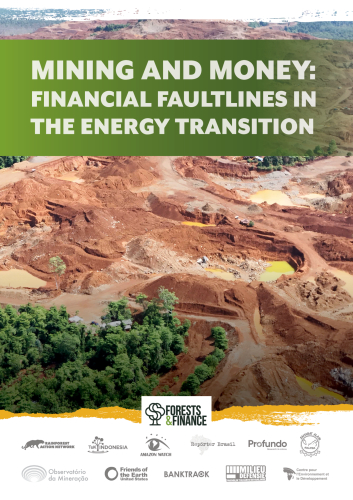
Upcoming events
Spotlight
Decarbonising Steel: BankTrack’s New Research on Real vs. False Solutions
Not all steel decarbonisation strategies are credible. Some are “false solutions” that risk delaying the transition to a non-fossil-fuel steel sector.
Bank Human Rights Complaints Channels: A Users' Guide
Find out how to raise human rights complaints with commercial banks and pursue remedy
Back the campaign against LNG
The world is facing an unprecedented boom in LNG development, with 279 new LNG projects planned around the world. A new website exposes the companies, banks and insurers backing this climate bomb
Target Dodgy Deals
Focus banks
NatWest Group
NatWest’s annual report was published in February, and was accompanied by policy changes that ShareAction said amounted to "tearing up oil and gas financing restrictions".
Raiffeisen Bank International
RBI is under new leadership. Cultural organisations being sponsored by the bank risk whitewashing a major enabler of the war on Ukraine, argues this new BankTrack blog.
Mitsubishi UFJ Financial Group (MUFG)
A recent article from Rainforest Action Network examines MUFG’s TNFD reports, showing they fail to substantially address the bank's impacts on nature and the people who protect it.
China CITIC Bank
CITIC’s steel decarbonization framework fails to explicitly exclude financing for all five “false solutions” identified in BankTrack’s False Solutions Report, including biomass, CCUS, and carbon offsetting.
Campaigns and projects
Latest publications
BankTrack in the Media
Acciaio verde, bacchettate le banche finanziatrici
2026-02-19 00:00:00
2026-02-19 00:00:00
|
Banks Backing Green Steel Fund ‘False Solutions,’ Report Says
2026-02-11 00:00:00
2026-02-11 00:00:00
|
Finançament transformador contra la banca extractivista
2026-01-26 00:00:00
2026-01-26 00:00:00
|
After Decades of Deflection, ExxonMobil Moves to Reshape Global Climate Accounting
2026-01-23 00:00:00
2026-01-23 00:00:00
|
External News
Uganda may see lower oil revenues as expected as costs rise and demand falls
2026-02-19 00:00:00
2026-02-19 00:00:00
|
MPs in call to halt Drax’s £2m-a-day subsidy over sustainability doubts
2026-02-19 00:00:00
2026-02-19 00:00:00
|
Harena raises £2m for development of Madagascar project
2026-02-18 00:00:00
2026-02-18 00:00:00
|
Harena Rare Earths Raises £2M: Modest Capital, Big Ambitions
2026-02-18 00:00:00
2026-02-18 00:00:00
|
Website updates
On 2026-02-20 15:16:02 we
created the CNH Industrial Capital bank page.
On 2026-02-20 15:15:10 we
created the John Deere Bank bank page.
On 2026-02-20 14:30:25 we
created the Sicredi bank page.
On 2026-02-19 16:43:35 we
updated the Ampasindava Rare Earths project project page.
On 2026-02-16 17:08:34 we
updated the CNH Industrial Capital bank page.
Notice Board












